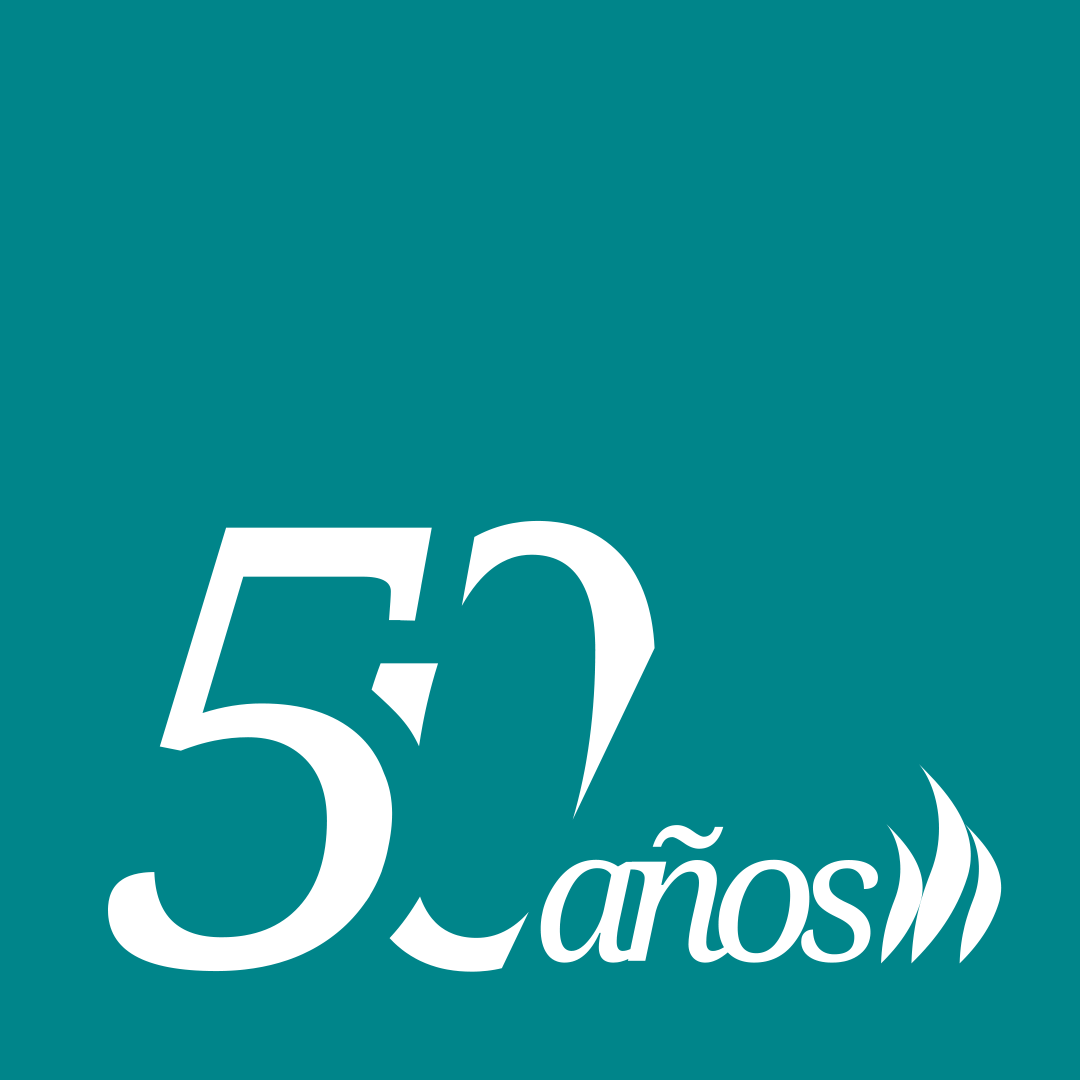TROMBOFILIAS: ASPECTOS RELACIONADOS CON LOS DESÓRDENES
REPRODUCTIVOS.
Modalidad: a distancia;
Destinatarios: Bioquímicos, Licenciados en Bioquímica, estudiantes avanzados:
Carga horaria: 40 hs con evaluación final.
Docente responsable: Dra Mara Melián.
Programa:
Tema 1: Fisiología de la trombo-resistencia. Cambios asociados al embarazo. Trombofilias
mas frecuentes y su relación con complicaciones obstétricas. Trombofilias hereditarias y
adquiridas. Scores de riesgo
Tema 2: metodología utilizada en el laboratorio. Anticoagulantes utilizados en el estudio de
trombofilias. Anticoagulante lúpico: técnicas empleadas, recomendaciones. Calidad de los
resultados.
Tema 3: Variables preanalíticas. Controles de calidad internos y externos. Aspectos pos
analíticos: interpretación de resultados.
Bibliografía:
1. Antithrombotic Therapy and Prevention of Thrombosis, 9th ed: American College of Chest
Physicians Evidence-Based Clinical Practice Guidelines. Chest 2012; 41(2)(Suppl).
2. Holzhauer S, Goldenberg N, Junker R, et al. Inherited thrombophilia in children with venous
thromboembolism and familial risk of thromboembilism: An observational study. Blood
2012: doi: 10-1182;-01-405514.
3. Middeldorp S. Evidence-based approach to thrombophilia testing. J Thromb Thrombolysis
2011; 31: 275-281.
4. Baglin T, Gray E, Greaves M et al. Clinical Guidelines for heritable thrombophilia. Br J
Haematol 2010; 149: 209-220.
5. Calhoom M, Ross C, Pounder E, et al. High prevalence of thrombophilic traits in children
with family history of thromboembolism. J Pediatr 2010; 157: 485 – 9.
6. Margetic S. Diagnostic algorithm for thrombophilia screening. Clin Chem Lab Med 2010;
48(suppl 1): s27 – s39. - Stegnar M. Thrombophilia screening – At the right time, for the
right patient, with a good reason. Clin Chem Lab Med 2010; 48(suppl 1): s105 – s113. -
Favaloro E, McDonald D, Lippi G. Laboratory investigation
